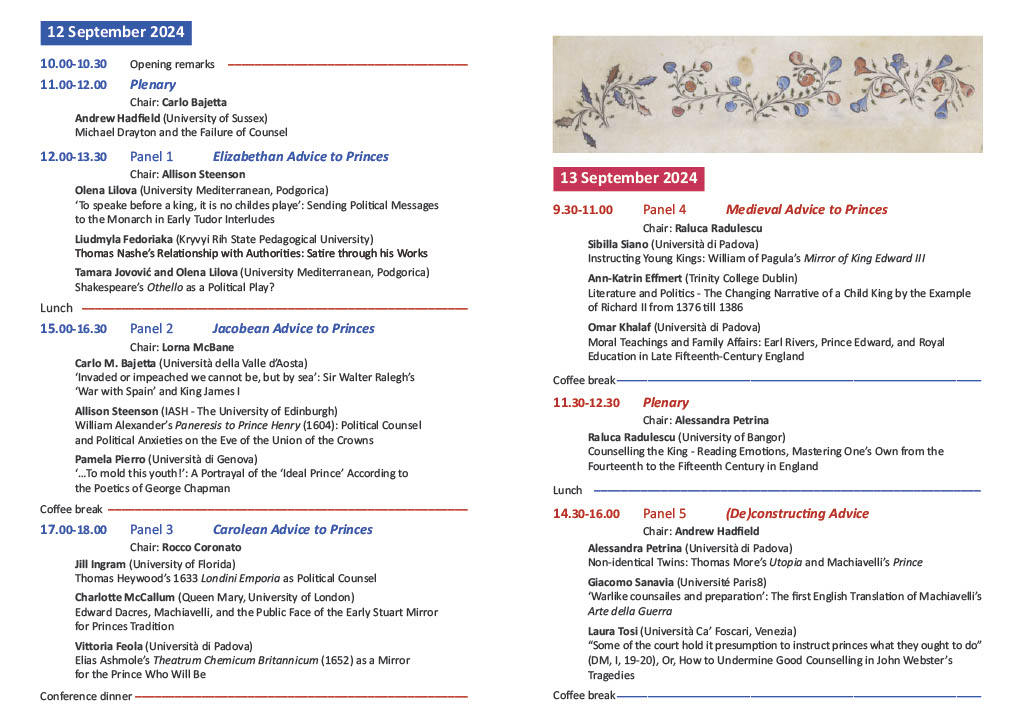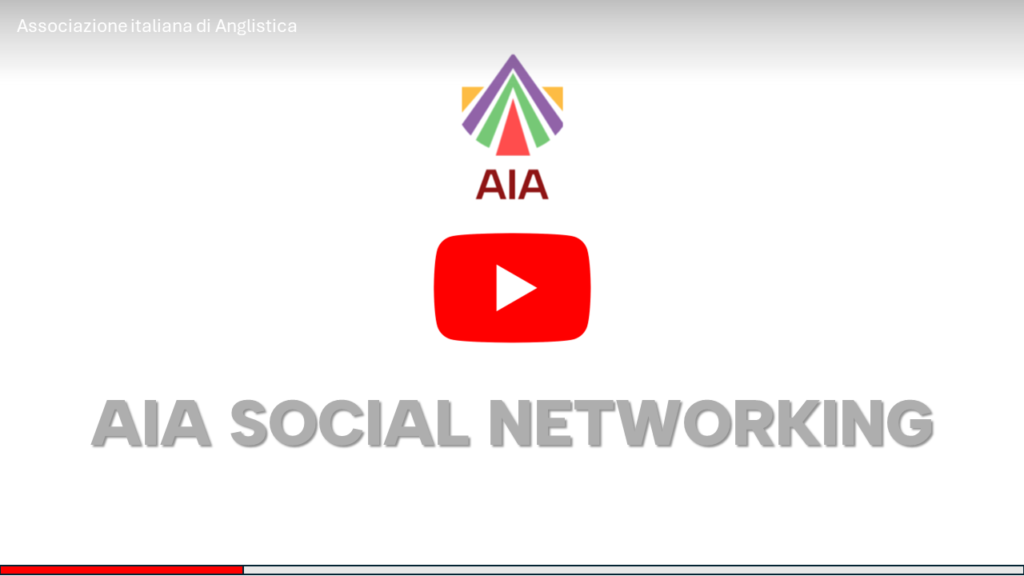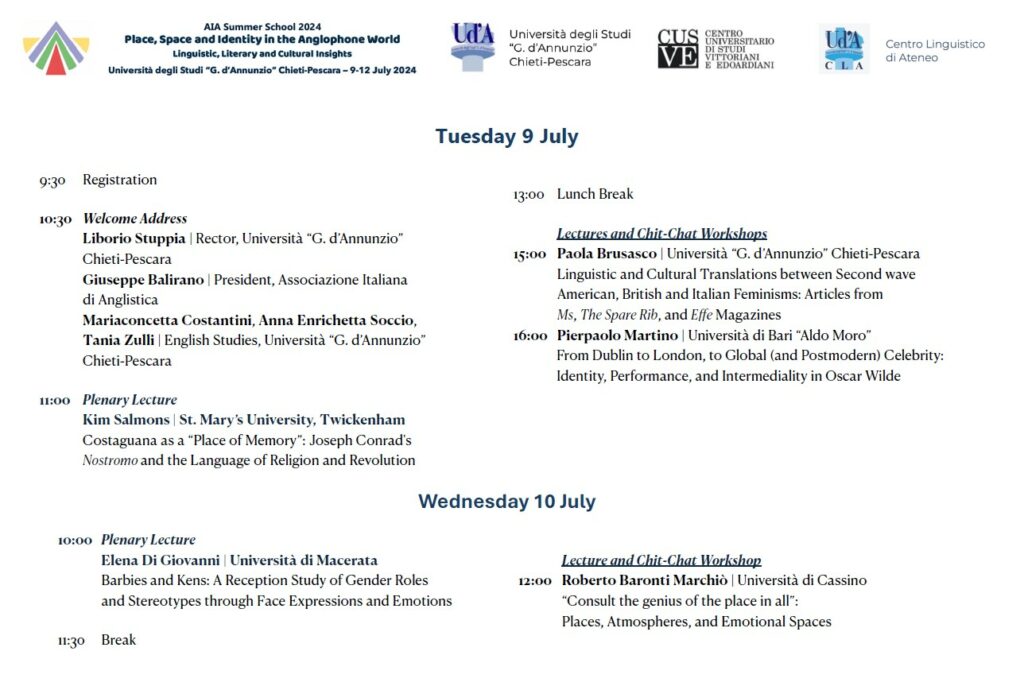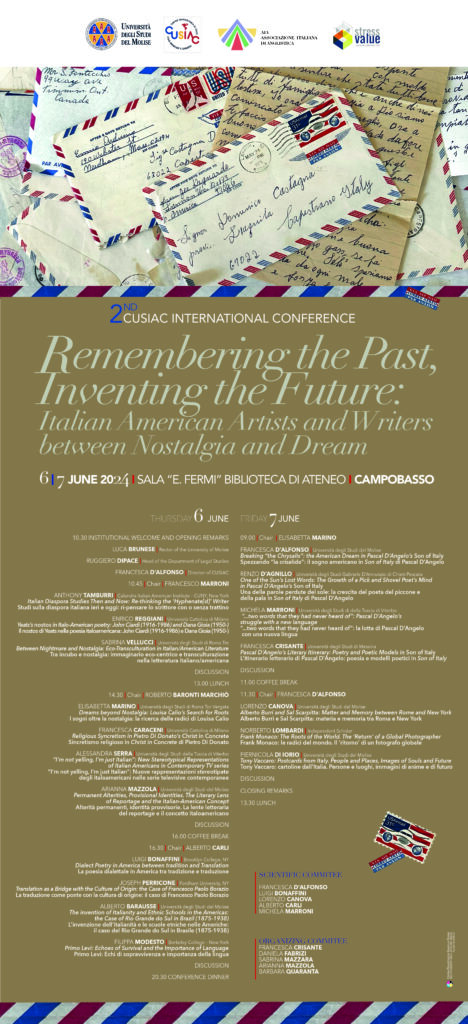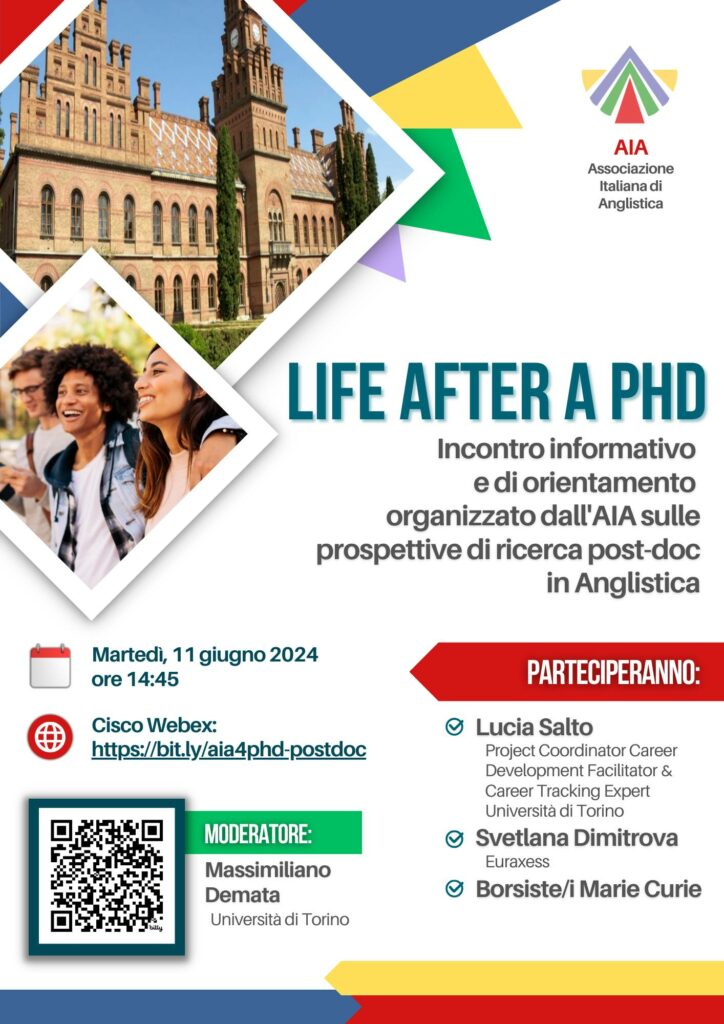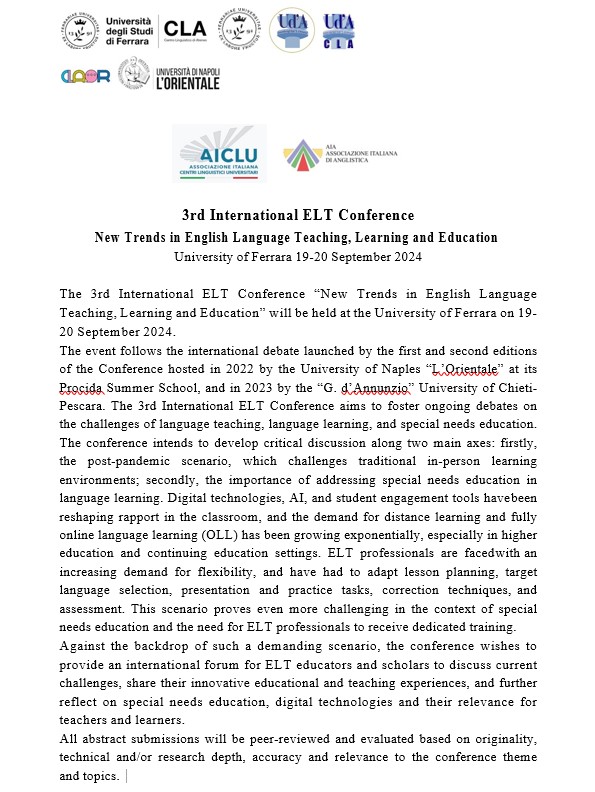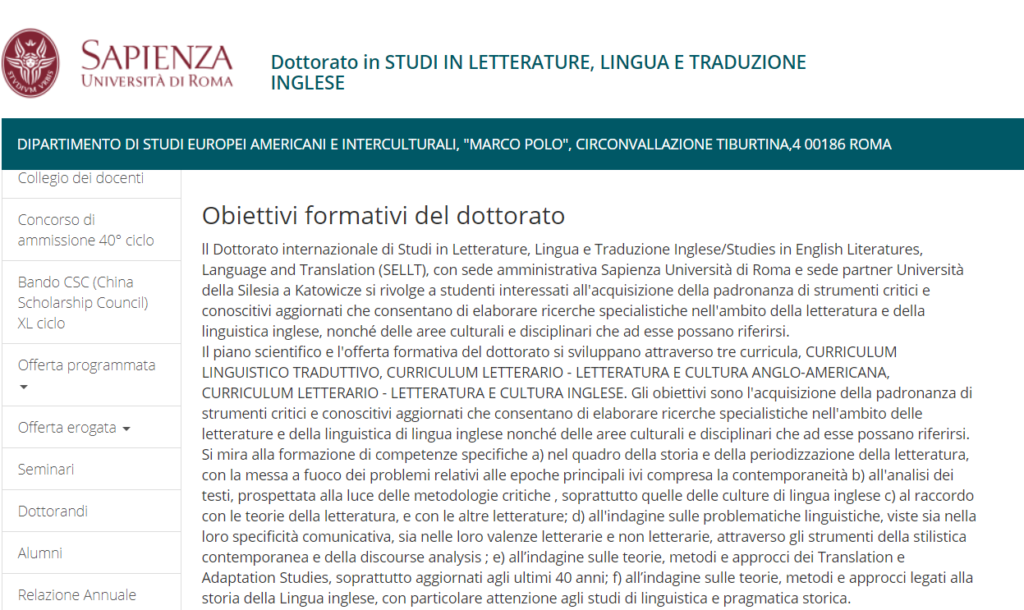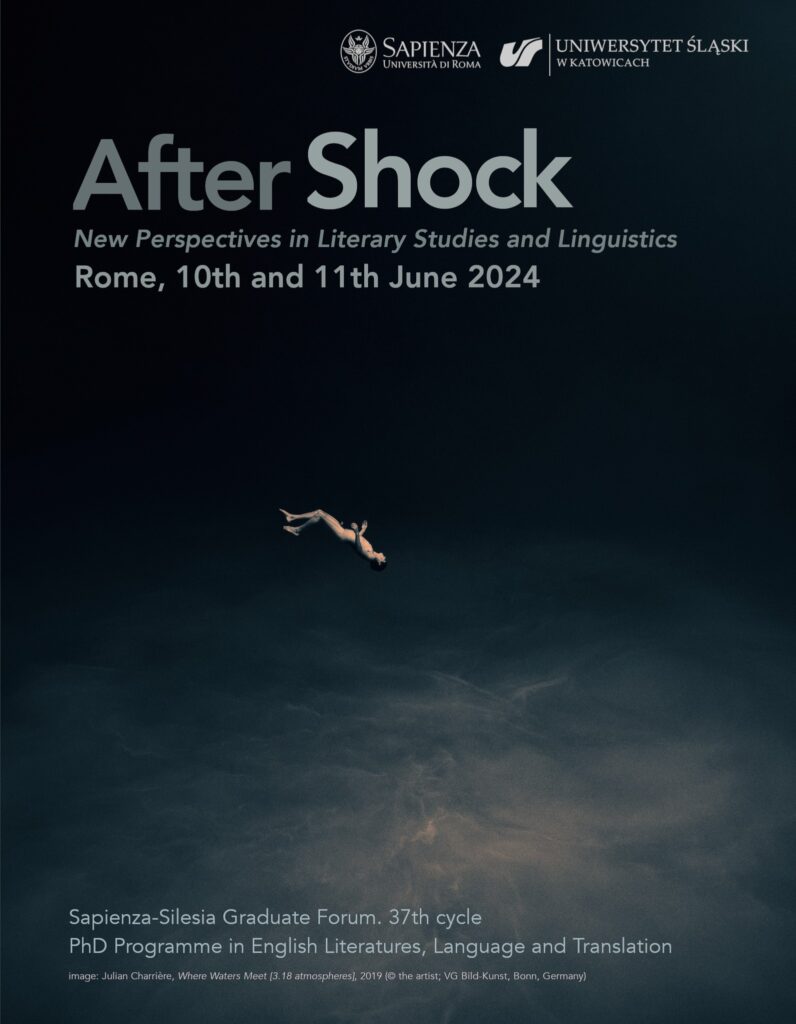3rd International ELT Conference New Trends in English Language Teaching, Learning and Education University of Ferrara 19-20 September 2024 The 3rd International ELT Conference “New Trends in English Language Teaching, Learning and Education” will be held at the University of Ferrara on 19- 20 September 2024. The event follows the international debate launched by the first and second editions of the Conference hosted in 2022 by the University of Naples “L’Orientale” at its Procida Summer School, and in 2023 by the “G. d’Annunzio” University of Chieti- Pescara. The 3rd International ELT Conference aims to foster ongoing debates on the challenges of language teaching, language learning, and special needs education. The conference intends to develop critical discussion along two main axes: firstly, the post-pandemic scenario, which challenges traditional in-person learning environments; secondly, the importance of addressing special needs education in language learning. Digital technologies, AI, and student engagement tools have been reshaping rapport in the classroom, and the demand for distance learning and fully online language learning (OLL) has been growing exponentially, especially in higher education and continuing education settings. ELT professionals are faced with an increasing demand for flexibility, and have had to adapt lesson planning, target language selection, presentation and practice tasks, correction techniques, and assessment. This scenario proves even more challenging in the context of special needs education and the need for ELT professionals to receive dedicated training. Against the backdrop of such a demanding scenario, the conference wishes to provide an international forum for ELT educators and scholars to discuss current challenges, share their innovative educational and teaching experiences, and further reflect on special needs education, digital technologies and their relevance for teachers and learners. All abstract submissions will be peer-reviewed and evaluated based on originality, technical and/or research depth, accuracy and relevance to the conference theme and topics. Keynote Speakers Elena Di Giovanni, University of Macerata Franca Poppi, University of Modena and Reggio Emilia Elena Refraschini, EFL Teacher and Owner of “Inglese Americano” Heath Rose, University of Oxford Possible themes and topics for papers include, but are not limited to: special needs education teaching methods, approaches, and teacher beliefs in the post-Covid scenario new technologies for online, blended, and hybrid learning environments e-learning methods and the use of digital content the Companion volume and distance/digital learning and teaching varieties of the English language, including ESP social media, smartphones and apps in ELT and ELL online assessment digital content for test prep courses and certifications e-tutoring and virtual LMS (Learning Management Systems) educational multimedia, animation, 3D applications corpus linguistics and ELT Abstracts (of about 200 words) and a short bio should be sent to: 3rdeltconference@unife.it Conference Dates: Abstract submission deadline: 30 June 2024 Notification of acceptance: 5 July 2024 Registration deadline: 25 July 2024 Conference dates: 19-20 September 2024 Fees for Full Conference participation: 122 € (Fees include registration costs, lunches, and coffee breaks. Travel and accommodation are not included) Scientific Committee: Anna Anselmo, Giuseppe Balirano, Marco Canani, Richard Chapman, Dario Del Fante, Maria De Santo, Maria Luigia Di Nisio, Eleonora Federici, Giuseppina Scotto di Carlo, Tamara Zappaterra, Tania Zulli. Organising Committee: Anna Anselmo, Richard Chapman, Dario Del Fante, Eleonora Federici, Valentina di Francesco, Ilaria Iori, Tamara Zappaterra.

